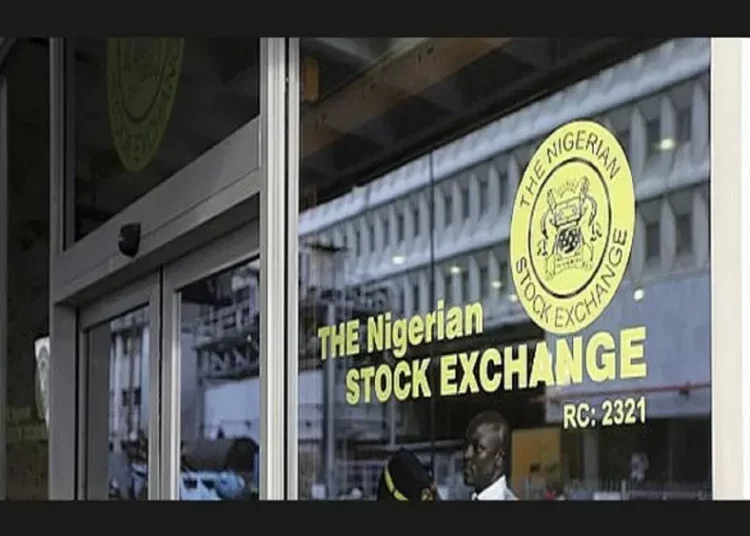The Trade Union Congress is calling for petrol prices to revert to their June 2023 levels, citing concerns over the rising cost of living and its impact on workers and families.
This follows the recent increase in the price of fuel by the Nigerian National Petroleum Company Limited.
This demand was made by the President of TUC at a press briefing in Abuja on Thursday.
He said “We want the price of the product to go below what it was before; not just reverse to what it was before but to go below.”
He urged the government to specifically intervene in the sector by providing foreign exchange to Dangote Refinery at a rate of $1/N1,000, rather than the current rate of over $1/N1,600.
“The solution we are proposing if implemented will take us to the price we had as of June last year,” Osifo stated, stressing that “there is no government in the world that doesn’t intervene in its critical sector” and that the Federal Government “shouldn’t leave it (the oil sector) to the vagaries and gyration of our naira”.
Since May 2023, the NNPCL has raised petrol pump prices in Lagos from ₦184 to ₦998 per litre. By June 2023, the price had reached around ₦450 per litre, reflecting significant increases that have exacerbated the cost of living for many Nigerians.
On Thursday, the TUC leader emphasized the importance of ensuring the availability, affordability, and accessibility of petrol for all Nigerians. He highlighted that petrol is essential for every household, even for those without vehicles, underscoring its role in daily life and economic activities.
The trade union placed its demands along the lines of affordability, availability and accessibility, saying, “We want the Federal Government to, through Nigerian Midstream and Downstream Petroleum Regulatory Authority (NMDPRA), give all marketers licenses to lift petrol from the Dangote Refinery.”
Osifo’s statement emphasizes the need for alternative sources of refined petrol if the Dangote Refinery falls short of meeting Nigeria’s daily demands.
“If it is not available, it is a problem. If, for example, the production from Dangote Refinery is less than 15 million litres per day, it is not sufficient.
“So, while efforts are being made to ramp up production from Dangote Refinery, what we are demanding is that we should look for every other means as we are ramping up production, we should source for that difference and bring it in for a while until Dangote can get to that level where the production is sufficient to get to all nooks and crannies of Nigeria. For us, that is key because it will address the issue of availability,” the TUC boss stated.
On Wednesday morning, Nigerians were taken aback as NNPC retail outlets raised the pump price of petrol in Lagos and Abuja.
In Lagos, the price surged to ₦998 per litre, a ₦150 increase from the previous price of ₦855.
This sudden hike prompted panic-buying, leading to long queues at filling stations as motorists and transporters rushed to fill their tanks.
Many non-NNPCL filling stations quickly adjusted their prices in response, with some selling petrol for as high as ₦1,050 in various areas of Lagos.
In Abuja, NNPCL outlets raised their prices from ₦897 to ₦1,030 per litre.
This latest increase follows a previous hike on September 2, 2024, when prices jumped from ₦568 to ₦855, igniting public outrage and frustration among consumers.
While there has been no official statement from NNPCL regarding the latest petrol price increase, the company suggested a potential rise when it started loading petrol from the Dangote Refinery in mid-September.










